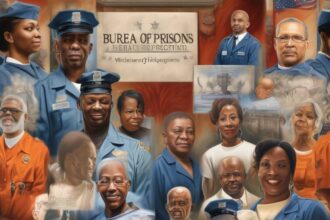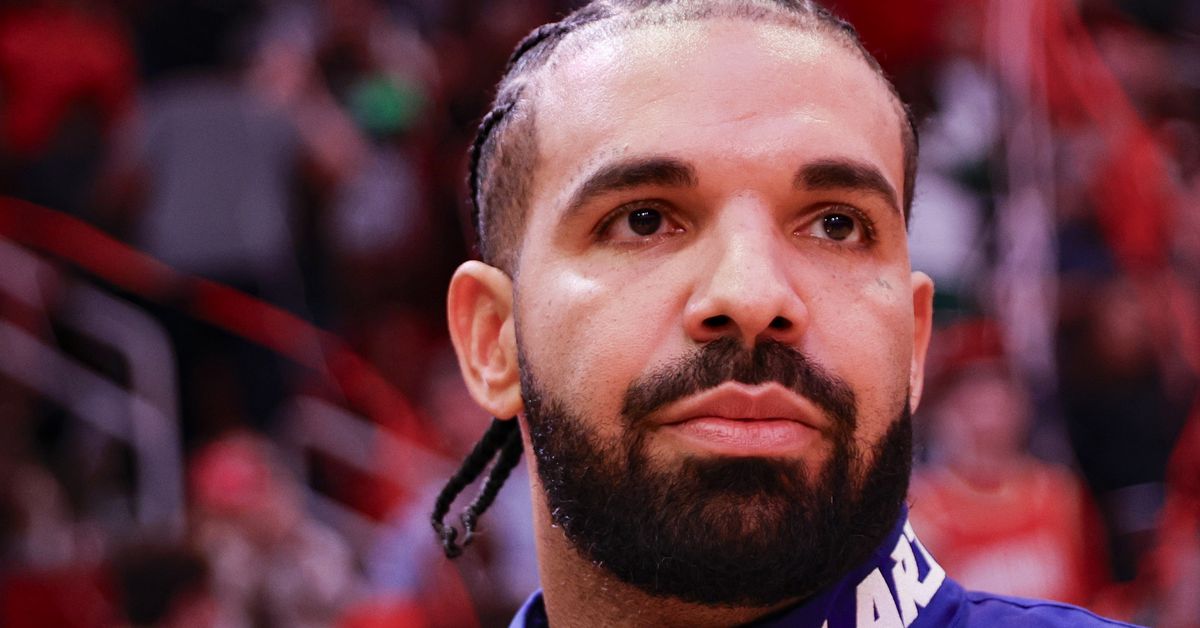Tupac Shakur’s lawyers issued a warning to Drake regarding his “Taylor Made” diss track, which featured AI-altered vocals of the late rapper. They threatened legal action if Drake did not remove the song within 24 hours. In response, Drake promptly took down the track from his X profile, effectively complying with the demands. The song was initially posted on April 19th as part of Drake’s ongoing feud with Kendrick Lamar, who has a strong appreciation for Snoop Dogg and Tupac. The use of recreated voices in “Taylor Made” raised concerns about potential financial gains for Drake and infringements on Tupac’s estate rights.
Despite not being officially released on streaming platforms, “Taylor Made” was widely shared across the internet, sparking discussions on the concept of AI-altered vocals in mainstream music. The controversy surrounding the song has highlighted the broader implications of using technology to recreate the voices of deceased artists. Other musicians have voiced concerns about the ethical and legal implications of this practice, viewing it as a threat to their careers. Drake’s decision to remove the song indicates a recognition of the potential backlash and legal consequences of using AI-altered vocals, particularly in sensitive cases involving deceased artists like Tupac.
The use of AI technology in music production has become increasingly prevalent, with artists experimenting with new ways to create and manipulate sounds. While this has led to innovative and boundary-pushing music, it has also raised questions about the ethical and legal boundaries of using AI-altered vocals. The controversy surrounding “Taylor Made” has reignited debates about the rights of artists and estates, as well as the impact of technological advancements on the music industry. As artists continue to push the boundaries of creativity with AI, the need for clear regulations and guidelines to protect the integrity of original works has become more pressing.
The incident involving Drake’s “Taylor Made” and Tupac’s estate highlights the challenges of navigating the intersection of technology and artistry in the modern music landscape. As AI technologies become more sophisticated and accessible, artists face new opportunities and risks in their creative endeavors. Legal battles over intellectual property rights and ethical concerns surrounding the use of AI-altered vocals are likely to become more common as artists push the boundaries of traditional music production methods. The case serves as a cautionary tale for musicians and industry professionals, emphasizing the importance of respecting the legacy and rights of artists, living or deceased, in a rapidly evolving digital age.
The removal of “Taylor Made” from Drake’s profile reflects a growing awareness and sensitivity to the implications of using AI-altered vocals in music production. Artists are increasingly grappling with the ethical dilemmas posed by technology that blurs the lines between authenticity and manipulation. The incident serves as a reminder of the power dynamics at play in the music industry, where creative expression must be balanced with legal and ethical considerations. As the debate over AI in music continues to evolve, it is clear that artists and industry stakeholders must tread carefully to avoid controversies and legal disputes that could tarnish their reputations and careers.
In conclusion, the controversy surrounding Drake’s “Taylor Made” highlights the complexities and challenges of incorporating AI technology into music production. The incident has sparked discussions about the ethical, legal, and artistic implications of using AI-altered vocals, particularly in cases involving deceased artists like Tupac Shakur. As artists navigate the evolving landscape of music creation and consumption, they must consider the impact of technological advancements on their work and the broader industry. The case serves as a cautionary tale for musicians and industry professionals, underscoring the importance of upholding the rights and legacy of artists while embracing innovation responsibly.









